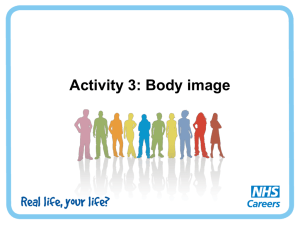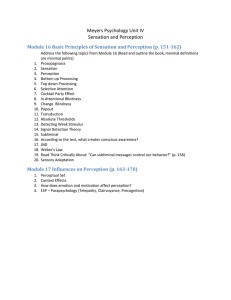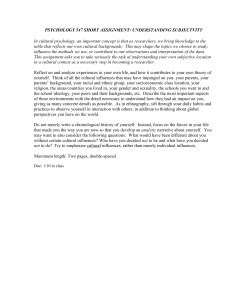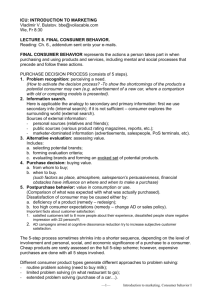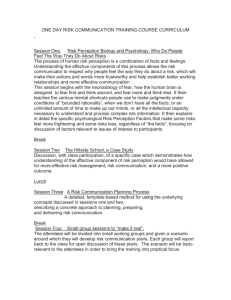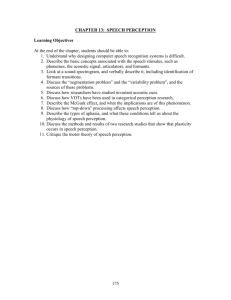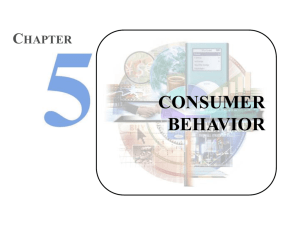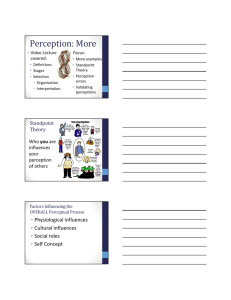Chapter 1 - Shelton State Community College
advertisement
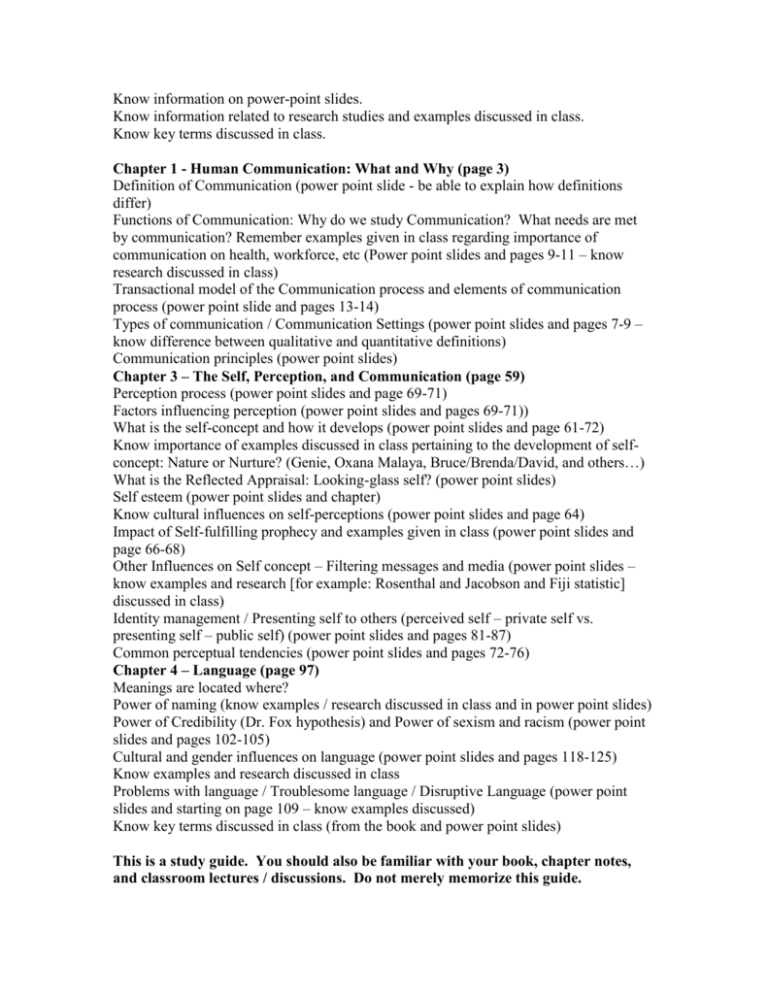
Know information on power-point slides. Know information related to research studies and examples discussed in class. Know key terms discussed in class. Chapter 1 - Human Communication: What and Why (page 3) Definition of Communication (power point slide - be able to explain how definitions differ) Functions of Communication: Why do we study Communication? What needs are met by communication? Remember examples given in class regarding importance of communication on health, workforce, etc (Power point slides and pages 9-11 – know research discussed in class) Transactional model of the Communication process and elements of communication process (power point slide and pages 13-14) Types of communication / Communication Settings (power point slides and pages 7-9 – know difference between qualitative and quantitative definitions) Communication principles (power point slides) Chapter 3 – The Self, Perception, and Communication (page 59) Perception process (power point slides and page 69-71) Factors influencing perception (power point slides and pages 69-71)) What is the self-concept and how it develops (power point slides and page 61-72) Know importance of examples discussed in class pertaining to the development of selfconcept: Nature or Nurture? (Genie, Oxana Malaya, Bruce/Brenda/David, and others…) What is the Reflected Appraisal: Looking-glass self? (power point slides) Self esteem (power point slides and chapter) Know cultural influences on self-perceptions (power point slides and page 64) Impact of Self-fulfilling prophecy and examples given in class (power point slides and page 66-68) Other Influences on Self concept – Filtering messages and media (power point slides – know examples and research [for example: Rosenthal and Jacobson and Fiji statistic] discussed in class) Identity management / Presenting self to others (perceived self – private self vs. presenting self – public self) (power point slides and pages 81-87) Common perceptual tendencies (power point slides and pages 72-76) Chapter 4 – Language (page 97) Meanings are located where? Power of naming (know examples / research discussed in class and in power point slides) Power of Credibility (Dr. Fox hypothesis) and Power of sexism and racism (power point slides and pages 102-105) Cultural and gender influences on language (power point slides and pages 118-125) Know examples and research discussed in class Problems with language / Troublesome language / Disruptive Language (power point slides and starting on page 109 – know examples discussed) Know key terms discussed in class (from the book and power point slides) This is a study guide. You should also be familiar with your book, chapter notes, and classroom lectures / discussions. Do not merely memorize this guide.
